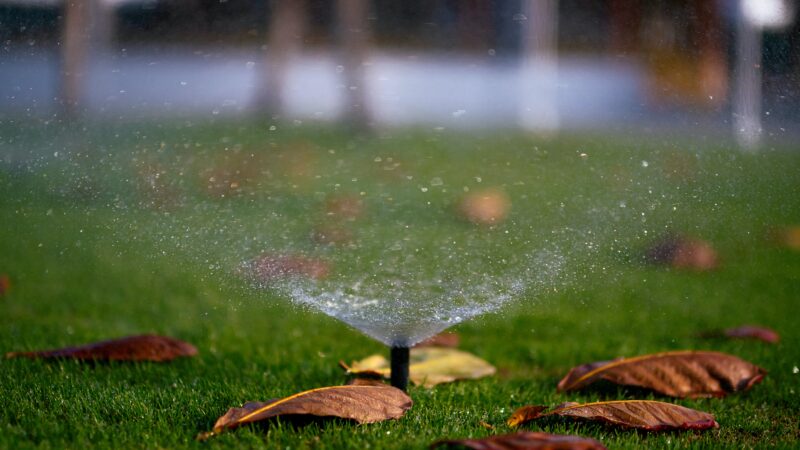In light of recent droughts, California is exploring ways of using water more wisely, eliminating water waste and strengthening local drought resilience.
CCSC worked as part of a multi-institutional team, including the LA County Parks and Recreation Department, leading the development of expanded water utility use maps, and co-leading the research on water use by urban trees.
This project analyzed the environmental and economic impacts of proposed state regulations for water use. This grant has high policy impact for managing urban water budgets. CCSC brings novel understandings about water use by urban park departments in California and how much is needed to maintain vegetation health with an emphasis on trees.
Assembly Bill (AB) 1668 and Senate Bill (SB) 606, passed during the 2018 legislative session, created a new foundation for long-term improvements in water conservation and drought planning. In implementing this legislation, the State Water Board adopted standards for efficient water use. The regulation will require urban retail water suppliers to calculate and adhere to an urban water use objective based on those standards. As part of the regulatory process, the State Water Board must meet California Environmental Quality Act (CEQA) and other procedural requirements.
In June 2019, the State Water Board authorized a contract to support the environmental and economic analysis of the new water efficiency standards. The Office of Water Programs at California State University, Sacramento (Sacramento State) led work to generate water use scenarios given varying and reasonably foreseeable climatic and economic conditions. The scenarios will inform both the environmental and economic impact analyses.
Teams at the University of California (UC) Los Angeles (CCSC), UC Davis, and Sacramento State carryed out the environmental analyses, which include meeting CEQA obligations and evaluating impacts to local wastewater management, developed and natural parklands, and urban trees. Teams at Sacramento State and Humboldt State are carrying out the economic impact analysis.
Issuing Entity: California State Water Resources Control Board, via Sacramento State University

